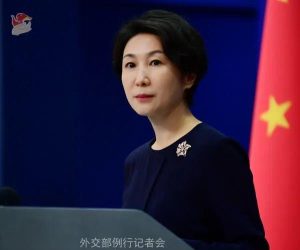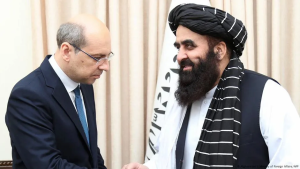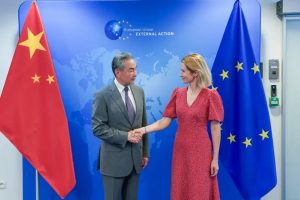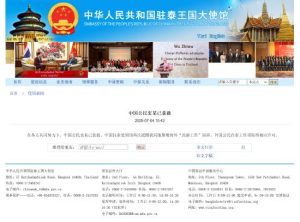Wang Yi reportedly said China does not want Russia to lose, but is worried about the US’s full-scale response
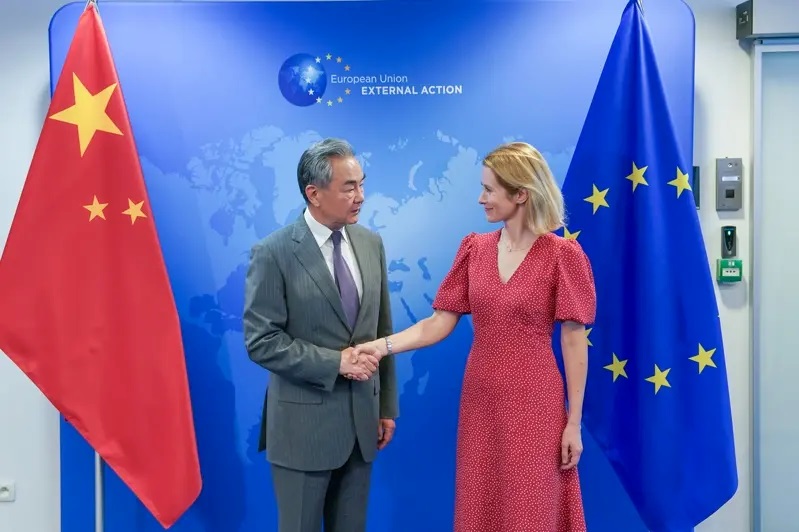
Hong Kong’s South China Morning Post reported that Chinese Foreign Minister Wang Yi told Kaja Kallas, the European Union’s High Representative for Foreign Affairs and Security Policy, on the 2nd that the Beijing authorities do not want Russia to lose the war in Ukraine, fearing that the United States will then turn all its attention to Beijing.
The South China Morning Post report quoted several people familiar with the matter as saying that Wang Yi’s statement to Kallas would confirm the perception of many people in the European Union about Beijing, but this statement contradicted Beijing’s external statements.
The Chinese Foreign Ministry often claims that China is not a party to the war between Russia and Ukraine. Some EU officials involved in the talks were surprised by Wang Yi’s frank statement.
However, Wang Yi allegedly denied that China provided substantial financial or military support to Russia’s war operations, insisting that if China really did so, the conflict would have ended long ago.
The report revealed that in this marathon debate that lasted four hours and covered various geopolitical and business friction issues, Wang Yi allegedly “gave several history lessons and lectures” to Kallas.
Two officials said some EU officials felt as if Wang Yi was giving former Estonian Prime Minister Kallas a “realpolitik lesson,” with some of the content focusing on Beijing’s view that Washington will soon turn its full attention to the East.
The British “Daily Telegraph” reported that this shift has been traced, and President Trump has made it clear that security in the Indo-Pacific region and mitigating the Chinese threat are Washington’s top priorities.
China has repeatedly stated that it is “not a party to the war” and has denied providing weapons to the Moscow authorities, but evidence shows the opposite, including reports that Beijing supplies laser weapon systems to Moscow.
Wang Yi’s remarks are the latest sign that the outcome of this war will make China a vested interest.
People familiar with the matter said that Wang Yi and Kallas had a harmonious atmosphere when they met in Brussels on the 2nd. But soon after, it was reported that at the request of the Beijing authorities, the two-day summit between the EU and China in late July had been shortened, which would make the EU-China summit only one day in Beijing.
European Commission President Ursula von der Leyen and European Council President Antonio Costa were originally scheduled to meet with Chinese President Xi Jinping and Premier Li Qiang in Beijing on July 24, and to attend a business summit in Hefei on July 25.
When Chinese Foreign Ministry spokesperson Mao Ning hosted a regular press conference, a foreign media reporter asked about the South China Morning Post report. Mao Ning replied: “China is not a party to the Ukrainian issue. China’s position on the Ukrainian crisis has been consistent, which is to persuade peace and promote talks.”
She also said: “The prolongation of the Ukrainian crisis is not in the interests of any party. We support an early political solution to the crisis through diplomatic efforts, and are willing to continue to play a constructive role in this regard together with the international community in accordance with the wishes of the parties concerned.”


